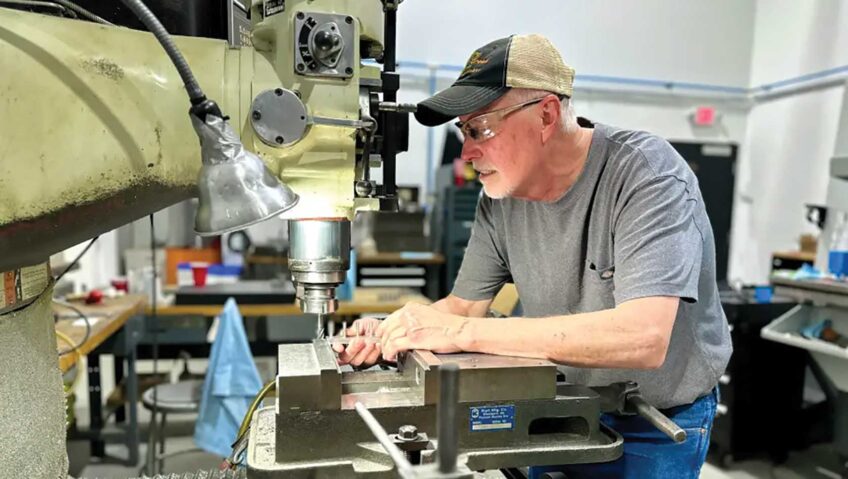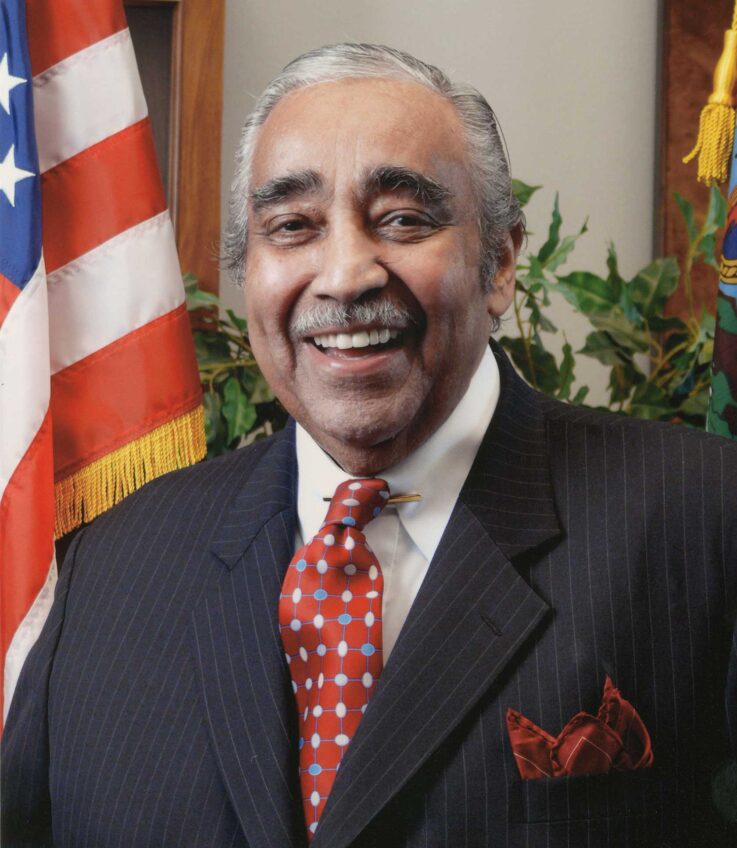Amid growing concern about management of Madison Park Vocational High School, parents and community activists are meeting tonight with outgoing School Superintendent Carol Johnson to discuss a list of grievances, including the lack of competent leadership.
Earlier this year, Johnson placed acting headmaster Queon Jackson on administrative leave after disclosures that he was the subject of a federal investigation into a multi-state credit fraud ring. The move triggered an outpouring of support for Jackson among students. While some focused on the apparent problems of Johnson’s vetting process of high-ranking personnel, very few focused on leadership at the city’s only vocational high school, with one exception: Madison Park parents.
“Since Jackson’s departure,” a letter signed by several parents stated, “there has been a total disregard of parental and student input into the direction and vision for the school … This is totally unacceptable.”
As it is now, the school’s day-to-day operations are being managed in part by Emily Lebo, the director of Career and Technical Education and a member of the state Vocational Technical Education Advisory Council.
Without mentioning Lebo’s name, several parents and members of the Friends of Madison Park, a community group, directed their criticisms at the school’s current “leadership.” In a meeting last month with Johnson, a statement was handed out that detailed “the very serious problems” at the school.
According to the statement, “Individuals who have been self-appointed to run Madison Park do not identify with our children and have not made decisions in their best interests.”
In addition, the statement said, “Their philosophy of education does not reflect the children that they are serving.”
In a letter widely distributed throughout the school and among elected officials, the Friends of Madison Park pointed out that teachers are not given adequate supplies to perform their jobs and, as a consequence, students are underperforming, dropping out and leaving. According to Madison Park teachers, the school has seen an 82 percent increase in student transfers and a 50 percent increase in drop-outs.
“The basic resources needed to effectively instruct and educate the children are not there,” the letter stated. “Textbooks are non-existent. The miniscule funds that were provided to purchase text books were diverted to other activities … There are ceiling leaks in the building, rodents running around the class rooms and training equipment in need of serious repair.”
In other statements, the parents have said they want Johnson to start the search for a full-time headmaster and include parents, students and community members in the process.
The last full-time headmaster was John McAfee. He too was under a cloud of suspicion after he hired several members of his family to work at the school, a clear violation of the school’s nepotism policies. To avoid such charges, Johnson transferred two of McAfee’s three family members to other schools but left McAfee’s wife, Michelle McAfee, to stay at the school.
In all, the McAfee family earned a $369,541 at the school. McAfee’s son-in-law, Matthew Pearce, worked as a substitute teacher and earned $68,926 per year. Pearce’s sister, Alexis, earned $75,659 per year as a teacher. McAfee’s annual salary was $131,608 and his wife earned $93,348 a year. All have since left Madison Park.
It’s not just parents and community activists that are alarmed at the state of Madison park these days. Teachers are upset as well. In a March 11 letter to Johnson, they said that the student caseload of every teacher has increased by 25 percent, which means that teachers now instruct 150 students per week.
With a district-wide measure to increase the length of school days, Madison Park teachers are concerned that they are already spread too thin.
“Any possible gains from a longer day are negated by students receiving less individualized attention and feedback,” the letter stated.
The teachers also noted that while their workloads have increased, the school administration has not provided the resources to meet the expanded needs. “The district provided no additional resources to support longer vocational and academic periods,” the letter stated, “… and academic teachers have to buy their own books in order to create curricula for new courses.”






